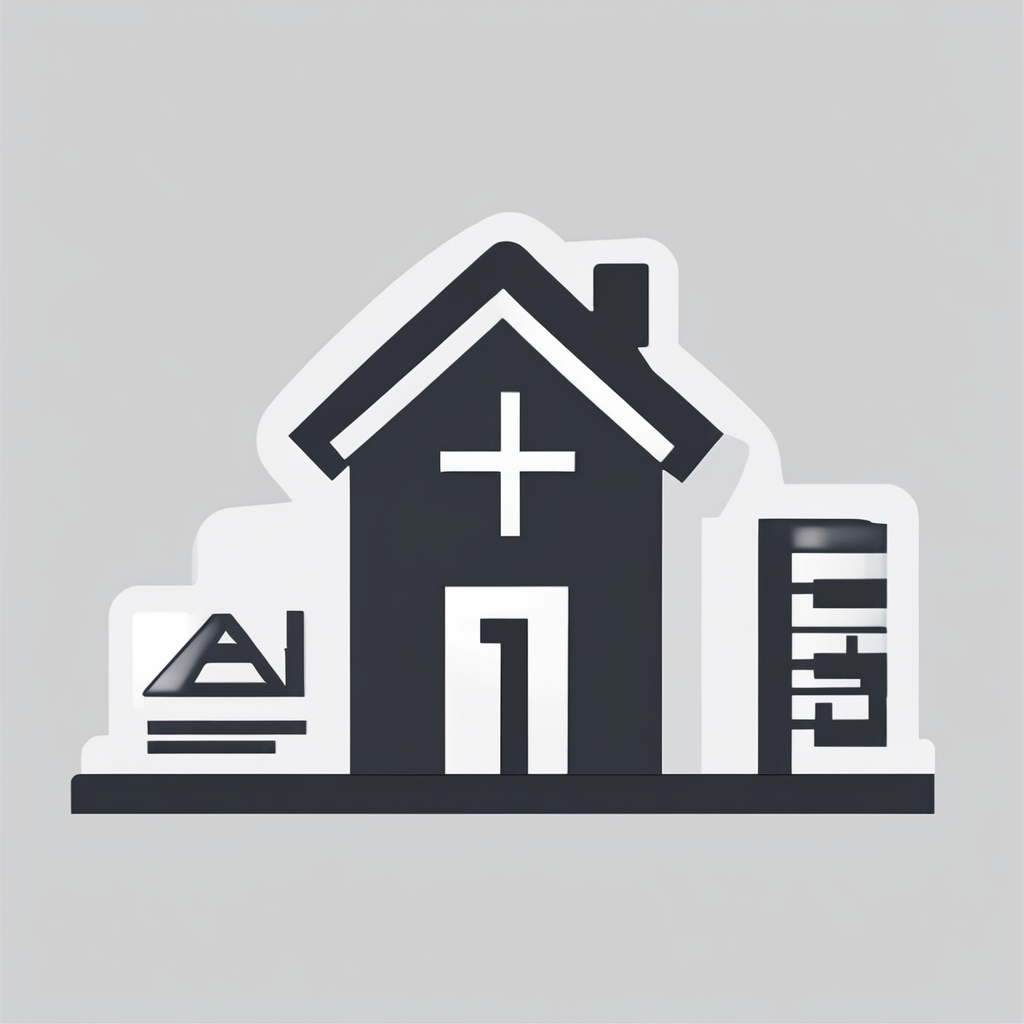Overview of Fixed-Rate Mortgages
Fixed-rate mortgages are a key consideration for those exploring UK mortgage options, particularly when purchasing a second home. A fixed-rate mortgage is a loan in which the interest rate remains constant throughout the entire term of the loan. This means your monthly payments will not fluctuate, offering predictability and stability crucial for effective financial planning.
One of the primary benefits of a fixed-rate mortgage is its straightforward budgeting. Knowing exactly how much you need to pay each month helps in setting a consistent financial strategy. This is particularly beneficial for second home buyers, who might be managing multiple properties.
In parallel : Exploring the Impact of Architectural Style on UK Home Insurance Premiums
When acquiring a second home, a fixed-rate mortgage provides peace of mind by ensuring that additional costs do not disrupt your existing financial commitments. Whether the second home is for leisure, investment, or future retirement, fixed rates help in accurately forecasting expenses.
For those considering a second home in the UK, the stability offered by a fixed-rate mortgage can be a decisive factor. It allows you to focus on enjoying your property or maximising rental income, rather than worrying about potential interest rate hikes that could affect your financial health.
Additional reading : Ultimate Guide to Selecting Optimal Insurance for Multi-Unit Residential Properties in Manchester
Benefits and Drawbacks of Fixed-Rate Mortgages
Fixed-rate mortgages are a popular choice for homeowners due to their stability in monthly payments. This stability makes it easier for homeowners to plan their long-term budget, allowing for better financial forecasting without worrying about fluctuating interest rates. Homeowners can lock an interest rate for the entire life of the loan, distributing costs evenly over time. This consistency is particularly advantageous in periods of economic uncertainty.
However, one of the disadvantages of fixed-rate mortgages is their lack of flexibility. Unlike variable-rate mortgages, fixed-rate options do not adjust with market conditions, meaning that homeowners might miss out on potential reductions in interest rates. This could result in paying more over time if the market significantly shifts in favour of lower rates.
Additionally, potential market changes can still affect fixed-rate mortgages. For instance, if interest rates substantially drop after a mortgage agreement, refinancing might be considered. Balancing these advantages and disadvantages is vital when making home buying considerations. Thus, understanding your financial situation and the market trends can guide you in choosing the right mortgage plan, maximising benefits while minimising drawbacks.
The Application Process for Fixed-Rate Mortgages
Applying for a fixed-rate mortgage involves navigating through several key steps and gathering necessary documentation. Understanding the process helps ensure a successful application.
At the outset, gather essential documentation. This typically includes proof of income, tax returns, and bank statements to demonstrate financial stability. Lenders use this to conduct a thorough financial assessment. It’s crucial to have these documents organised to streamline the mortgage application.
Next, begin with the mortgage application process by obtaining pre-approval. At this stage, lenders evaluate your financial health to determine the loan amount they’re willing to offer. Pre-approval acts as a conditional commitment, aiding prospective homebuyers in understanding their budget more clearly.
Following pre-approval, submit your formal application for final approval. Lenders will conduct a detailed review to validate the financial information provided.
During this process, watch out for common pitfalls such as inconsistent income documentation or poor credit scores. Such missteps can stall your application. Ensure all financial records are accurate and up-to-date.
By methodically following these steps and preparing necessary documentation, you can ease the step-by-step process, making it more manageable and less stressful.
Eligibility Requirements
Understanding the key eligibility criteria is crucial for obtaining a fixed-rate mortgage. Credit score plays a pivotal role; typically, a score of 620 or higher is recommended by lenders. A lower score might still secure a mortgage, but often at less favourable terms. So, how can one improve their credit score? Simple steps like ensuring timely payments, paying off outstanding debts, and reducing credit utilisation can significantly boost your score over time.
Beyond credit score, there are essential income requirements to consider. Lenders generally require proof of stable income, evaluated through pay stubs, tax returns, and possibly bank statements. This documentation helps assess your debt-to-income ratio, ensuring your monthly mortgage payments are manageable alongside existing liabilities.
Financial documentation is indispensable in verifying your income and overall financial health. Be prepared to submit recent tax returns, bank statements, and any significant asset documentation to assure the lender of your capability to manage mortgage repayments.
Ensuring you meet these eligibility requirements enhances your chance of securing a favourable mortgage rate, making the dream of owning a home more achievable and less stressful.
Current Market Trends in Fixed-Rate Mortgages
As we delve into the landscape of fixed-rate mortgages, it’s essential to consider the evolution of mortgage market trends. Current interest rates have been witnessing fluctuations influenced by a myriad of factors. Examining historical trends helps illuminate how economic cycles impact these rates. Historically, when the economy strengthens, interest rates tend to rise, and during economic downturns, they usually decrease.
Several factors drive changes in mortgage rates. Key influencers include inflation, central bank policies, and the overall health of the economy. For instance, inflation can eat away at purchasing power, prompting central banks to adjust interest rates as a countermeasure.
Forecasting future market conditions involves scrutinizing various components. Expert analyses predict modest rises in the coming years, partly due to anticipated economic growth and stabilisation efforts by the Bank of England. However, uncertainty in the UK housing market plays a substantial role, influenced by evolving buyer behaviour and potential economic shifts.
Understanding these interest rate forecasts empowers individuals to make more informed decisions when navigating the UK housing market. By gauging present conditions and potential future shifts, prospective homeowners and investors can better strategize their financial choices in this dynamic environment.
Comparing Fixed-Rate Mortgages with Other Mortgage Types
When assessing fixed-rate vs variable-rate mortgages, understanding the differences is crucial. A fixed-rate mortgage offers stability, with consistent monthly payments throughout the loan term. This predictability appeals to homeowners who prioritise budget certainty, especially suitable for first-time buyers or those with a strict financial plan.
In contrast, a variable-rate mortgage might suit individuals anticipating a second home financing opportunity or expecting lower interest rates in the near future. This option typically starts with a lower interest rate than a fixed-rate mortgage, which might lead to initial savings. However, it’s important to acknowledge the risk of rate increases over time, leading to potentially higher payments.
Consider your financial goals and risk tolerance in this mortgage comparison. If a stable, long-term budget is the priority, opting for a fixed-rate might be advantageous. Alternatively, if you anticipate a change in your income or plan to sell the property within a few years, a variable-rate mortgage could potentially save on interest costs.
Ultimately, make an informed decision based on personal circumstances, future financial plans, and the current economic climate. Each mortgage type has its unique benefits, but using them effectively depends on individual preferences and financial forecasts.
Calculating Costs Involved in a Fixed-Rate Mortgage
Understanding the mortgage costs associated with a fixed-rate mortgage is crucial for anyone looking to finance a home. These costs typically include interest, principal, insurance, and taxes. In addition, miscellaneous fees like origination, appraisal, and closing costs can add up. Utilize calculators to estimate these variables, generating a clearer picture of your monthly payments and long-term financial obligations.
Mortgage calculators are essential tools for estimating monthly payments and total cost of ownership. By inputting details such as loan amount, interest rate, and loan term, these calculators provide an accurate estimate of what your expenses might look like. This empowers potential homeowners to make informed decisions based on their financial capacity and homeownership goals.
When considering a fixed-rate mortgage, understanding the long-term financial implications is important. This involves calculating not just the visible expenses, but also the hidden costs that could affect your financial stability over time. Being aware of these costs allows for better financial planning, helping you avoid surprises and capitalize on potential savings. A well-planned mortgage strategy can lead to substantial savings and successful homeownership.
Additional Resources and Support
Navigating the world of fixed-rate mortgages for second homes can be simplified by accessing the right mortgage resources. A range of lenders specialize in these financial products and can provide tailored options. Engaging with these lenders not only brings clarity but also opens doors to competitive rates and terms.
To further aid in financial planning, various online tools are at your disposal. For instance:
- Mortgage calculators: Estimate monthly payments or the total interest over the loan term effortlessly.
- Comparison tools: Evaluate different lender offerings side by side to determine the most cost-effective choice.
- Budgeting apps: Integrate mortgage calculations for an overarching view of financial health.
While leveraging technology is valuable, it’s equally crucial to seek the wisdom of professionals in this field. Consulting with an experienced mortgage broker or financial adviser provides bespoke advice, ensuring that every decision aligns with your financial goals. Engaging in professional counselling can further streamline the mortgage process, offering insights unknown to many, and empowering your decisions with confidence. Ultimately, utilizing these resources builds a robust foundation for a smooth, secure journey into owning a second home.











